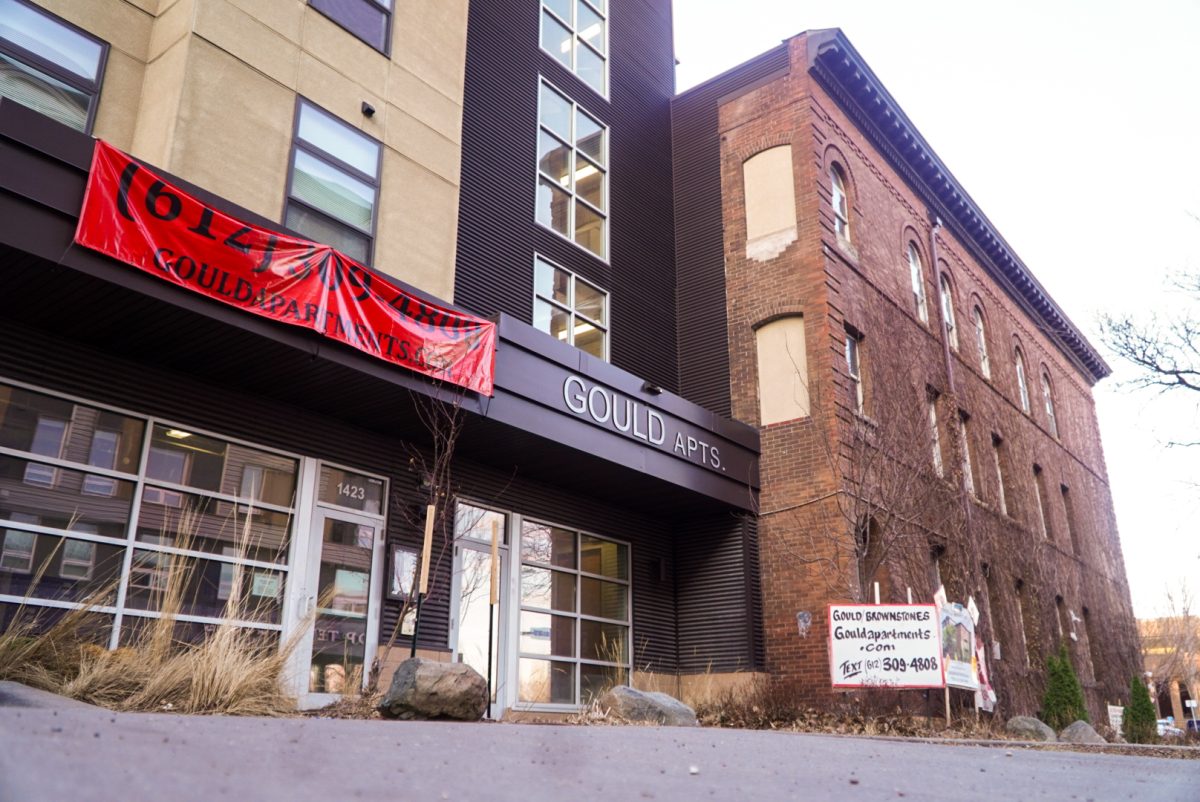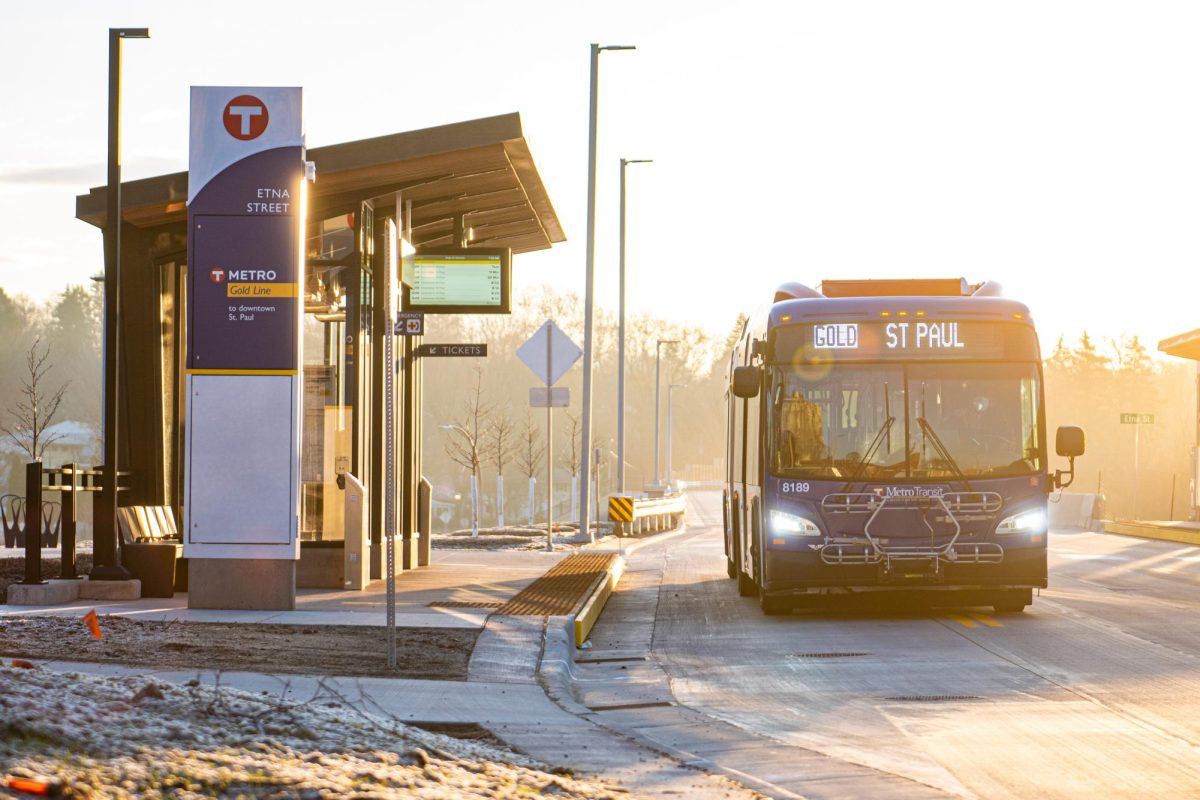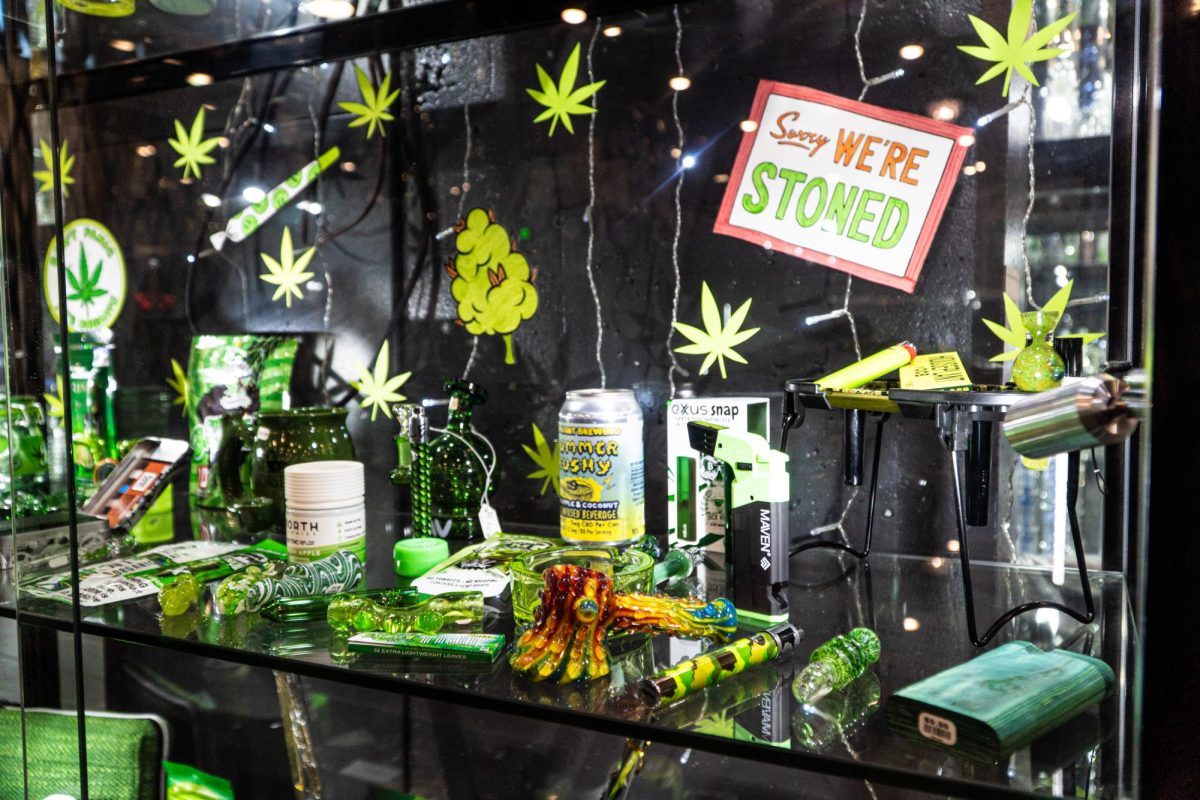A Minneapolis project to help disadvantaged communities fight environmental problems recently received $150,000 in grant money.
The Minneapolis City Council adopted two $75,000 grants from the McKnight Foundation and the Funders’ Network June 16 for its Green Zones Policy Initiative, meant to help communities with environmental problems lead their own efforts against them.
The funding will help communities combat underlying economic, social and political problems exacerbated by the environmental problems. The city will also hire a consultant to advise the project and lead racial equity training.
The City Council established Northern and Southern Green Zones in April, with part of the Cedar Riverside neighborhood falling in the southern zone.
Bringing disadvantaged groups into environmental discussions is key because communities of color disproportionately neighbor polluters like highways and large infrastructure projects, said Shalini Gupta, executive director of the Center for Earth, Energy and Democracy, an organization working on the Green Zones.
For example, Gupta said the converging highways near Cedar Riverside create a major pollution hotspot.
She and Kelly Muellman, Minneapolis’ sustainability program coordinator, both said the city’s communities are aware of the problems they face.
Gupta said while Minneapolis’ Green Zones have become policy, communities asked for them from early on. “It hasn’t necessarily been an easy ask.”
Danielle Mkali, a program officer with the community engagement group Nexus, sat on a city committee made in 2016 where several organizers examined environmental data, neighborhood disparities and how to implement resources.
Muellman said some specific Green Zone actions include addressing soil and water contamination, providing healthy and affordable housing, helping vegetation and urban agriculture and improving air quality.
Minneapolis’ Green Zone project also aims to help businesses become greener.
Cutting down waste has built-in economic benefits, said Laura Babcock, director of the University of Minnesota’s Minnesota Technical Assistance Program.
Anything that doesn’t get sold as the final product is a waste, costing time, labor and money and pollutes the environment, Babcock said.
When taking environmental action, it is important to consider communities’ interests, said Cecilia Martinez, director of research programs at CEED. Otherwise, environmentally friendly initiatives raise market values and can invite gentrification, she said.
“Basically, existing members of that community are priced out of being able to live there,” Martinez said.
Muellman said it’s important to make the changes with the existing community in mind so new arrivals don’t displaced them.







